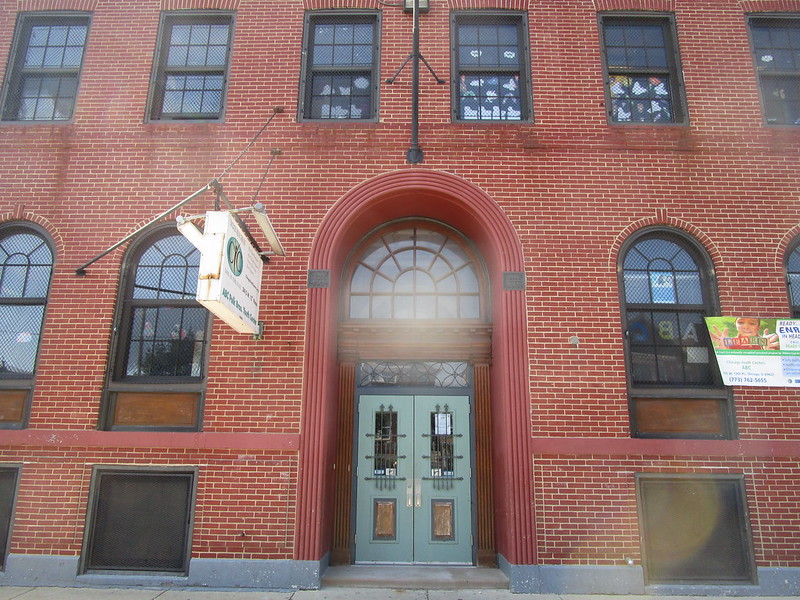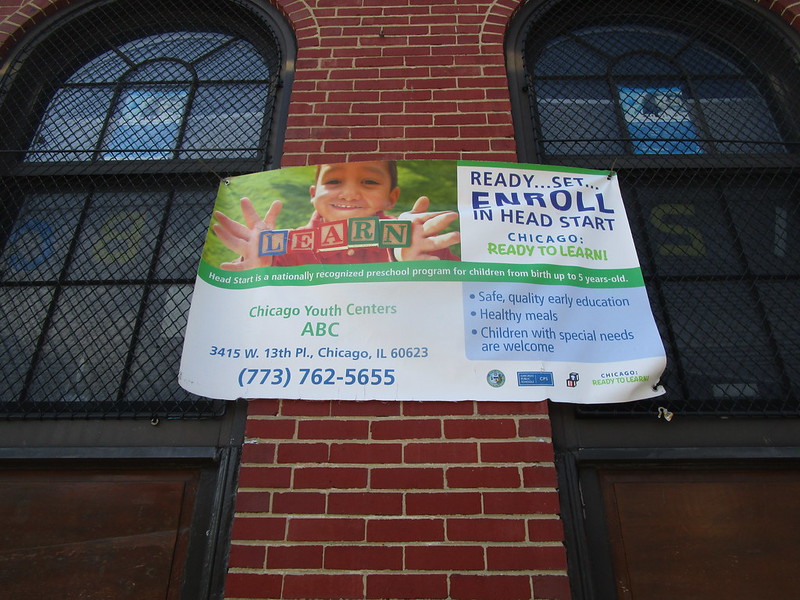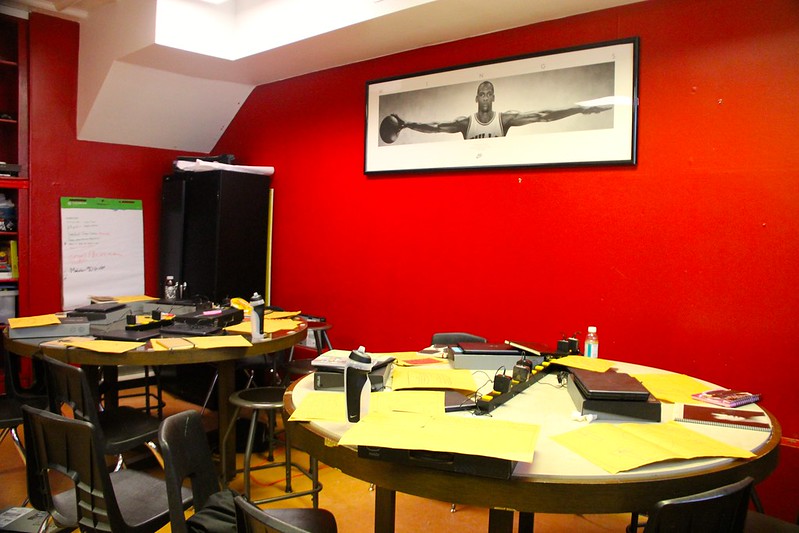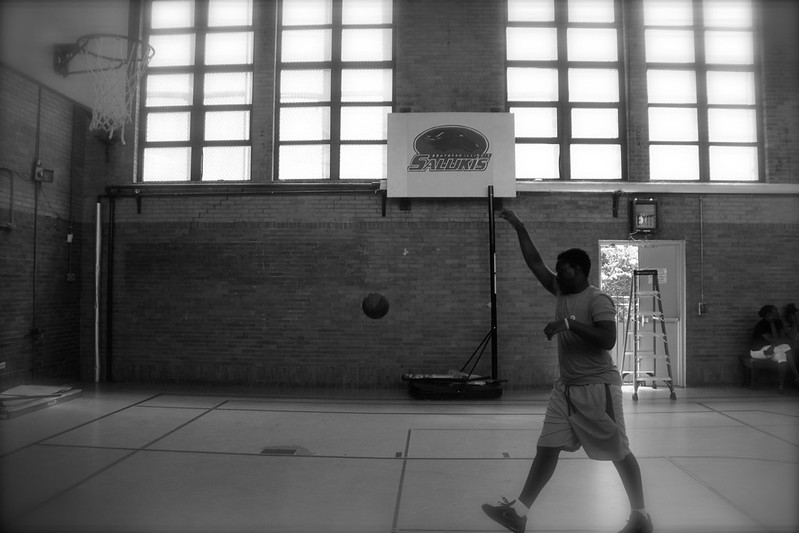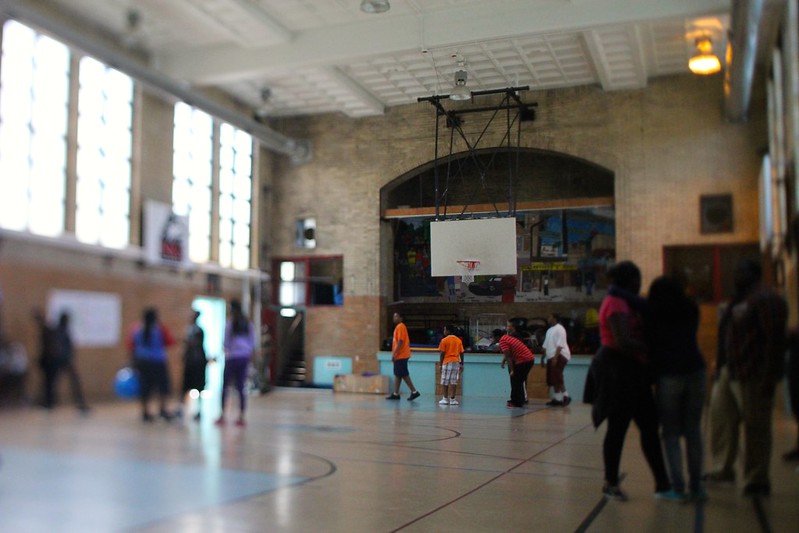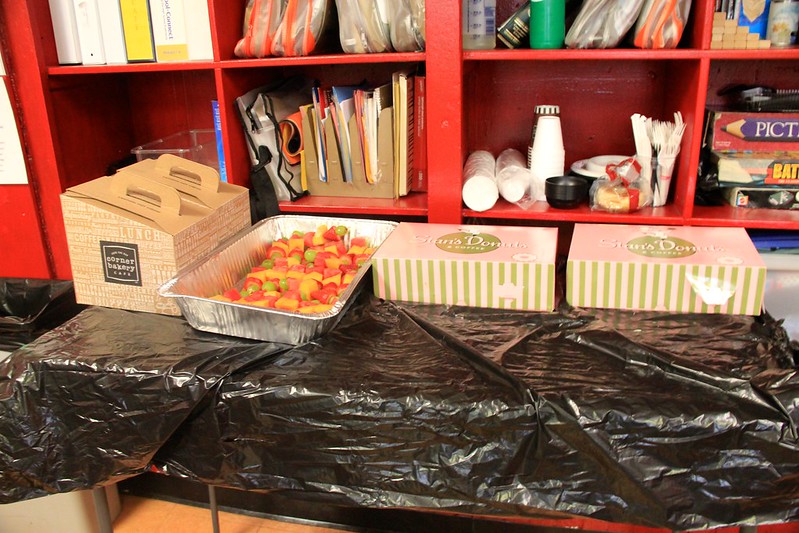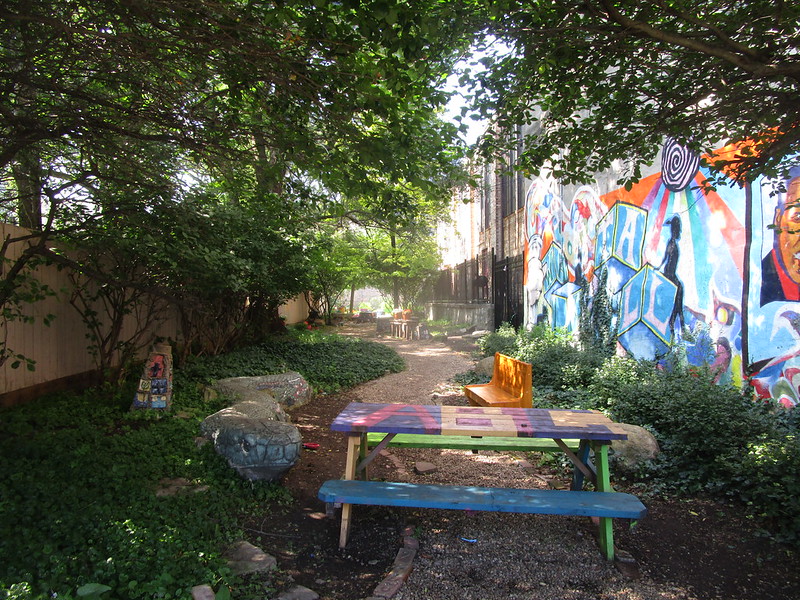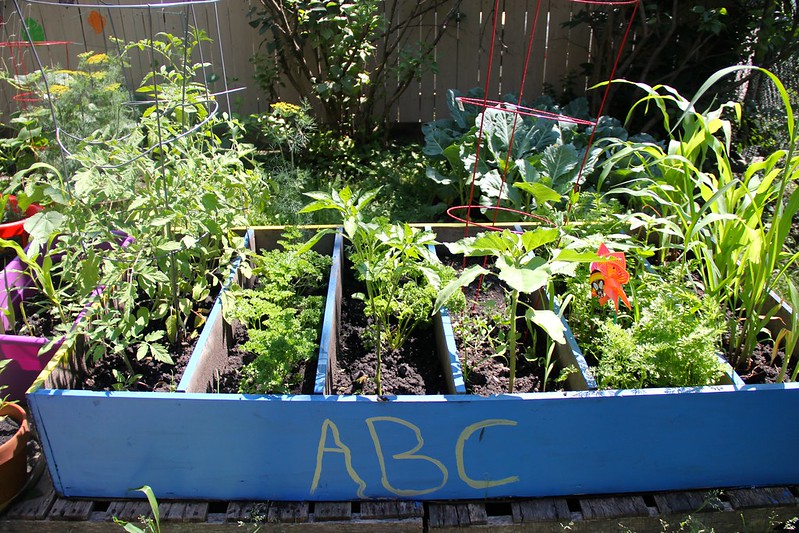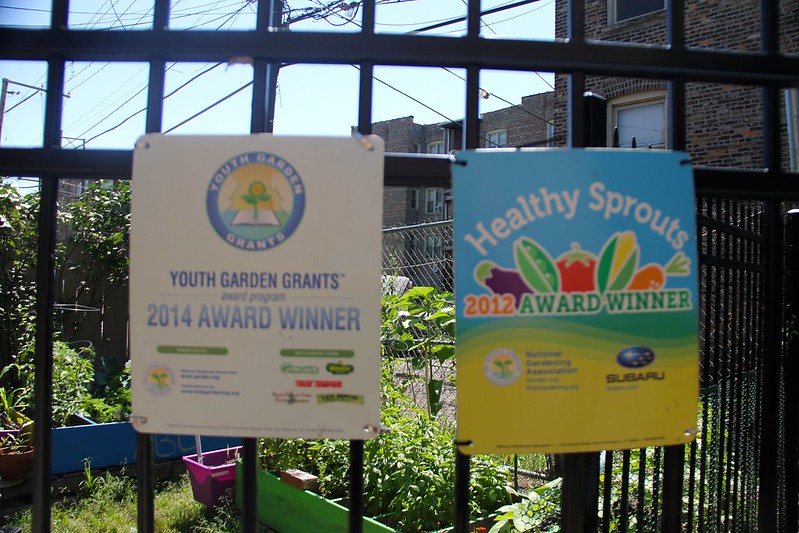My name is Akya Gossitt, I’m 29 years old, I’m an Assistant Instructor for Smart Chicago’s Youth Led Tech Program in Englewood, and I am Chicago.
I say that because growing up in some of the most destructive and volatile parts of the city has made that statement more true then I would like it to be. Growing up as a child was hard. I come from a man that up until this point in my life more than half of my age years has been spent in a prison from convictions of petty theft to murder.
My mother was a severe substance abuser and chronic alcoholic as well as verbally abusive at times. Although I love both my parents dearly, as a child I can’t say the respect factor was ever there and my idea of doing well in school or putting forth effort to do anything came and went.
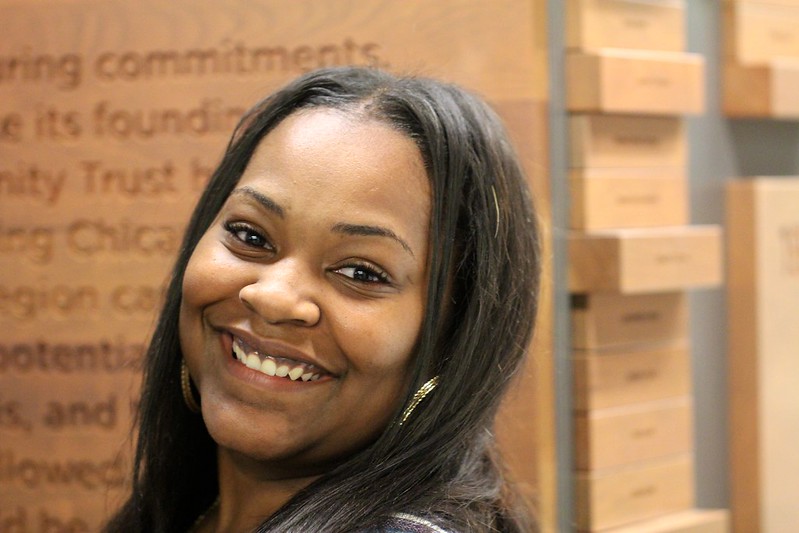
If I participated in school groups it was only to avoid the real life situations I was facing at home. Once high school came they became my escape, my coping mechanism to Chicago lessons of living the struggle. I went to 3 elementary schools and 3 high schools.
During my sophomore year I met my guardian angel Kimberly Moore. She was the first person outside my family that really showed an interest in knowing me and what I was going through and how she could help me be the bright person she knew I was. Imagine my surprise to hear these good things— she barely knew me— nonetheless over the years she is the one who I think saved my life. Her and the streets to some extent. She’s who made me find my calling in social work and who I always admired to be. She was a successful black woman who spoke so highly of everyone— she always saw the good in you. She was a great mom. Everything I aspired to be in the future as a black woman.
Over time as my connection grew with her a light bulb went off. Everything that I had ever wanted or needed she gave me. Attention, motivation, hope belief. That’s when I realized that I wanted to help kids who were like me. I wanted engage with youth that experienced the same trials and tribulations I did and show them a way out. I wanted to be their guardian angel. Give hope that better is attainable, not impossible. I can’t say that I didn’t make more mistakes along the way, because I did. But eventually I started making better choices. I went to the military, gained some insight on living life on a schedule, being self-accountable and gaining self-discipline as well as setting a financial foundation for myself as a newly single parent. I moved back to Chicago and entered college studying social work.
My last semester of community college I interned at a nonprofit organization called Youth Guidance. During my internship I received an email blast from a colleague who wanted us to let our children know about the youth-led tech program and that they were looking for instructors as well. I applied for the position as instructor, interviewed, and here I am.
What I’d like for people to understand is that not only did my good and greater choices get me here but also my bad— sometimes you have to fall and soak in the sorrow before you realize you’re ready to get up and play the game. That’s what I did. Was it hard? Absolutely! Could I have did thing the “traditional” way or just listen? Of course— but that wasn’t the reality of my life and as far as I’m concerned that applies to all young and old.
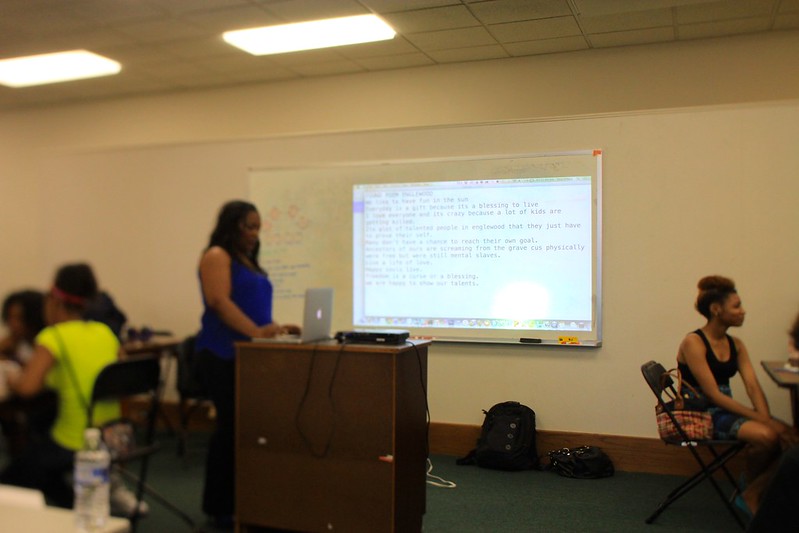
Every decision I made got me to this point and if one doesn’t know all the steps I took to get to where I am now then I’m just another person standing in front of them preaching to the choir. They have to relate and that why I have a clip of my past so that people who read my biography know that yes I am in a good position and platform to do great things but that I came from nothing and had to go through every single stage to get where I am and I’m still pushing to do better.
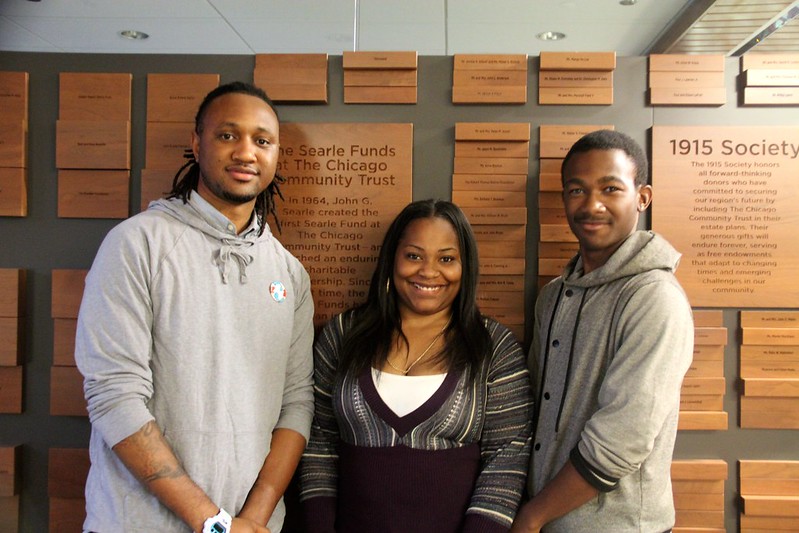
I’m dedicated to the youth and the communities that want my help in showing them their vast potential of not being or becoming statistic. Just because you are doesn’t mean you have to stay one nor just because someone say that you can be doesn’t mean that you have to be.
LinkedIn | Twitter
